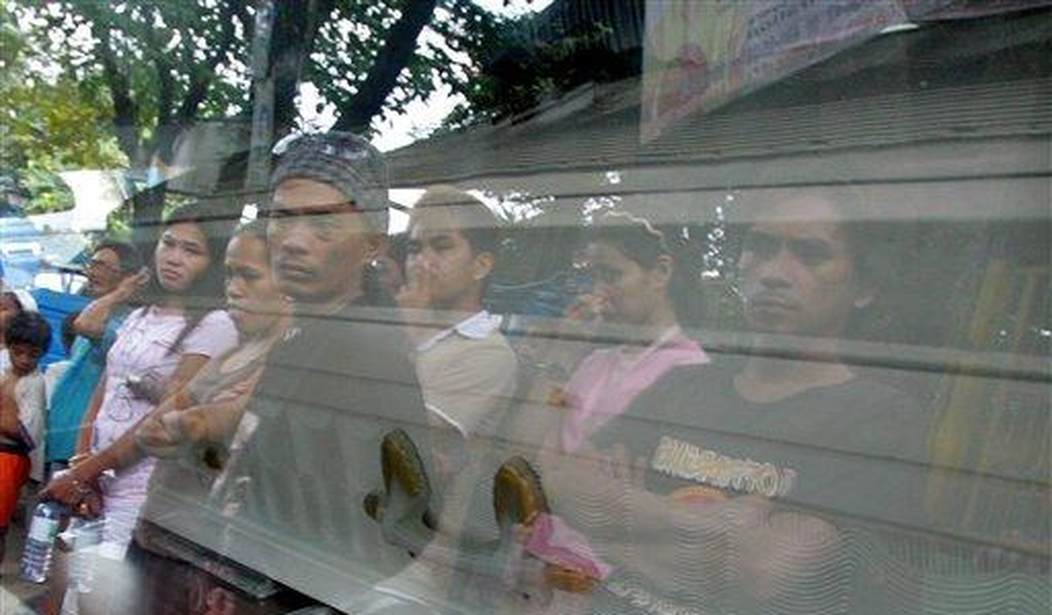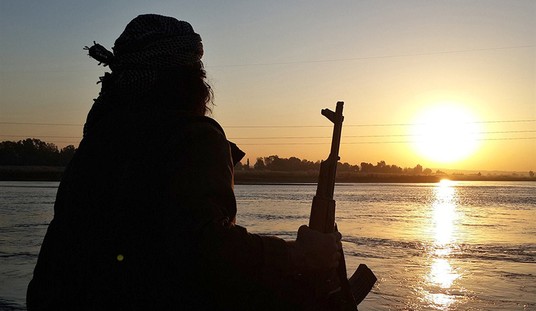When we talk about other countries and their gun control, the Phillippines isn’t typically part of that conversation. It’s a tiny set of islands with lots of gun control laws and lots of gun violence–an object lesson that gun control doesn’t work–but it’s also a place full of corruption and crime in general.
In fact, it’s probably the most dangerous place to visit in the Far East.
Yet, as Time notes in a recent piece, they don’t have many mass shootings. So, the magazine asks the important question, why?
Mass shootings are a result of a confluence of factors, but at the heart of the problem are guns—of which the Philippines has plenty. Firearms are sold openly in malls, and almost anyone can carry them, even priests and accountants.
…
No consensus has been reached in the Philippines over what sets a mass shooting apart from other gun deaths, but indiscriminate slayings are uncommon. When eight people died and 11 were injured after a drunk gunman began firing wildly in the southern province of Cavite back in 2013, the tragedy was notable for its sheer rarity.
To be clear, homicides involving firearms are a fact of life in the Philippines. Hitmen can be hired for as little as $300. In fact, the Philippines is one of the deadliest places in Asia when it comes to firearm homicides. The country saw over 1,200 intentional killings using firearms in 2019. This meant guns killed one in every 100,000 people in the Southeast Asian country—one of the highest rates in Asia. (In 2020, the comparable figure for the U.S. is four.)
Which leads some to wonder just why they don’t have more mass shootings. Especially since, as is later noted in the article, the Phillippine culture is so heavily influenced by the United States.
So what gives?
It appears to be cultural, at least according to some.
Narag says the strong ties of Philippine kinship mean troubled individuals are more likely to be identified before they become mass shooters. He contrasts that with the situation in the U.S., where he presently lives and teaches.
“Here, if you have problems, you have to go to a health professional,” he tells TIME. “You’ll divulge everything there. You don’t talk to your neighbors—sometimes you don’t talk to your own parents—because [there isn’t] an engaged culture where one’s problem is everyone’s problem.”
Jose Antonio Clemente, a professor of social psychology at the University of the Philippines, says community is everything. “At an early age, we are trained to give importance to our families and our relationships,” he says. “Maybe at some point we’re also taught to value our community, since there are a lot of communities that are very close-knit because of the high population density.”
Narag argues that no one will commit a mass shooting because the community won’t support them.
However, the community doesn’t support mass shooters here, either.
The difference may lie in the fact that we don’t have the same kind of community. Here, it’s not a central part of our lives. If people in the community don’t like what I do, that’s their problem, not mine.
This is, in many ways, a good thing.
Yet this might be one of the ways it’s not.
Of course, there’s not really much evidence of this. It’s really just a couple of people’s speculation as to why the tiny archipelagic nation doesn’t suffer quite the same scourge we do.
Even if there is, trying to change our culture to mimic this isn’t exactly something we can do overnight, either.
But there are things we can do that will help move us a bit closer, such as the media not lionizing these shooters by making them celebrities, for example. I’ve started pondering the possibilities of taking this idea a step further and digging into these killers’ pasts and finding their most embarrassing moments and broadcasting those. Instead of rock stars, they become the subject of mockery.
Read this, though, it does seem like something that might create a similar feeling of shame.
Or not.
The truth is, this topic needs a whole lot more study, and it’s study we’re not really seeing the experts even consider looking into, unfortunately.








Join the conversation as a VIP Member